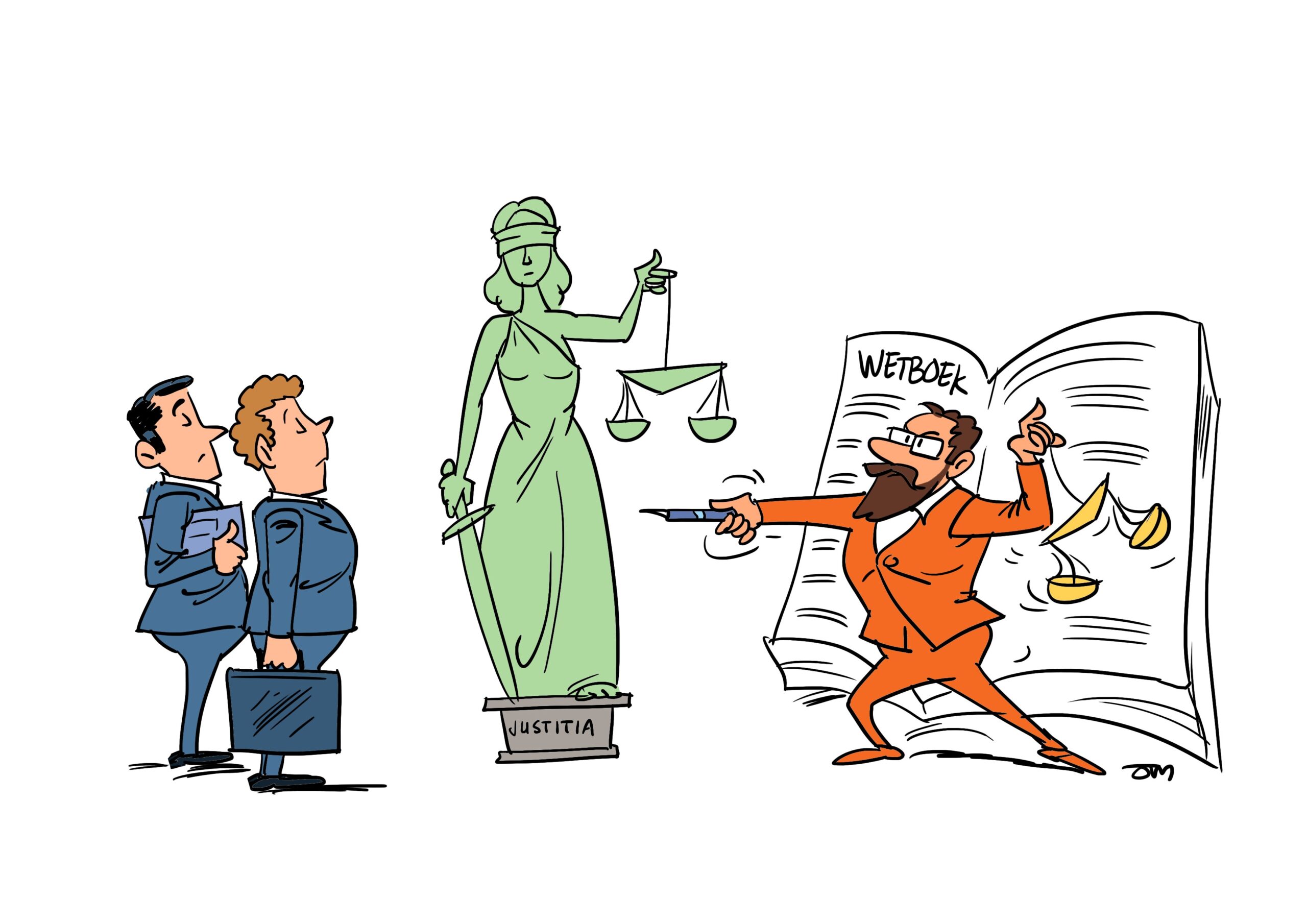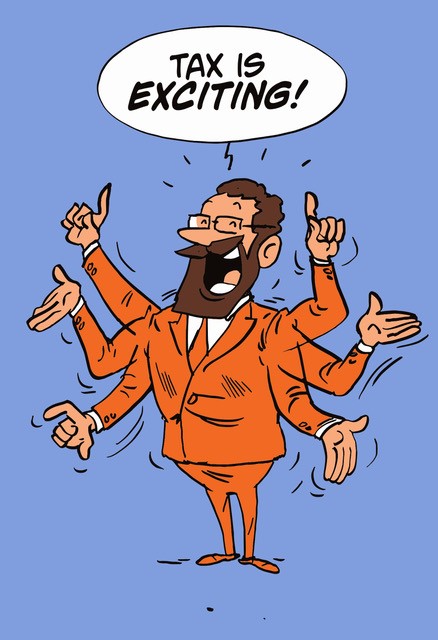The company car, is a cost but also a joy. The aspects many questions are asked about is tax. Here the joy aspect.
The company car
The company car is a car placed at your disposal by your employer. Your employer can be yourself, if you are the shareholder owner of the company. The joy of a company car comes at a cost. The cost for the employee is the remuneration in kind. In other words, an amount is taken from your salary, as the price for you to drive the car privately.
Taxation
We think tax is exciting, but explaining in detail the amount added to your income for the company car can made you confused. The percentage is nil for an electric car, but can also be 8%, 16% or next year 20%. Depends on the year the car was produced. Regular cars have 22% added to the income, but older company cars still have to add 25% to the income. And I am sure there are more percentages.
What is the percentage about?
In the Netherlands anything that could be a joy for an employee is punished. So a percentage of the Dutch catalogue value of the company car is added to your income for the private use of the car. The more expensive the car, the higher the amount. Driving a Porsche 911 to your work with a catalogue value of EUR 300.000 at 22% is EUR 66.000 added to your income every year. That is EUR 5.550 per month. If you can afford that, you are in the 49,5% tax bracket. That implies EUR 5.500 times 49,5% is EUR 2.722,50 is taken from your net salary, but you drive an awesome Porsche fully paid by the employer.

You did some investigation and you learned that electric vehicles are sometimes even taxed at 0% for the private use. So eager you are to order the Porsche Taycan. But then you learn that the Dutch are all in for the energy transition. However, it cannot be too joyful. Must hurt a bit. Hence in 2022 the first EUR 35.000 of the catalogue value is charged with the lower percentage, being 16%, and the remainder with 22%. Driving electric is not really encouraged. Google what choice you have, nearly no full electric vehicle is under EUR 35.000. We think bad politics, but do not get me started.
What is paid by the employer?
In the basis everything, unless you agreed on something different. That implies the costs of the lease or purchase costs are paid by the employer. The insurance, road tax, maintenance, parking is paid. Tickets, any tickets, are paid by the employee. If the employer pays for the speeding tickets or whatever ticket, it is again a remuneration in kind to be charged to you.
Is there a restriction on the type of car?
No there is not. A regular employee would go for a regular car we can only assume. The regular employee salary can only cope with so much. But the self-employed employee has no restrictions, if the company is doing well.
That implies the employee can drive the Porsche 911, a Lamborghini or a Veyron. Parking outside the building of the client, might have influence on the service fee and such cars are not always convenient bringing samples.
Could the tax office challenge the substantial company cost of such a car?
No the tax office cannot, with one exception. In the old days the limit to the extravagance of transport was the plane. A Dutch dentist claimed he needed a company plane to visit the clients, the tax office and the court ruled that this was indeed ridiculous.

The one exception – court case
A famous Dutch lawyer, who is in fact no more a lawyer, drove in one year 9 different supercars as company car. He traded a yellow Lamborghini after two weeks for an Aston Martin. On the question why he traded the Lamborghini already after two weeks, he replied to the court that he did not like the colour.

That is an incorrect answer. Even though you are not limited by the Dutch tax office in your choice of car, it needs to be a company car. So you trading in a car in such a short time for the colour is not good enough. You should then have responded that the colour was not received well by the clients, for instance.
This lawyer spend EUR 1,1 mln on company car costs per year. The court tried to help him by have him argument why this cost should be accepted by the Dutch tax office. The reply was that he could do more business as a result of driving these cars. The court gave him time to provide the turnover related to driving this car and he came up with EUR 30.000 turnover. That was not good enough. In favour of this lawyer, he was not good at keeping his bookkeeping, as a result he had this court case and as a result he could not provide the answer. Maybe he had much more turnover related to the extravagance, but could not substantiate it.
Tax is exciting
We think tax is exciting. I get very excited about cars as well, as people around me are aware of. No, I do not park a yellow Lamborghini around the corner at my clients place. But if I could, maybe I would.
The message of the above is also about the car. We are asked about the tax burden related to the company car. The total aspect of driving a (often) brand new car on the cost of the company is not taken into the calculation. Our experience is that the moment the employee bit the bullet, all is forgotten accessing the new company car.





